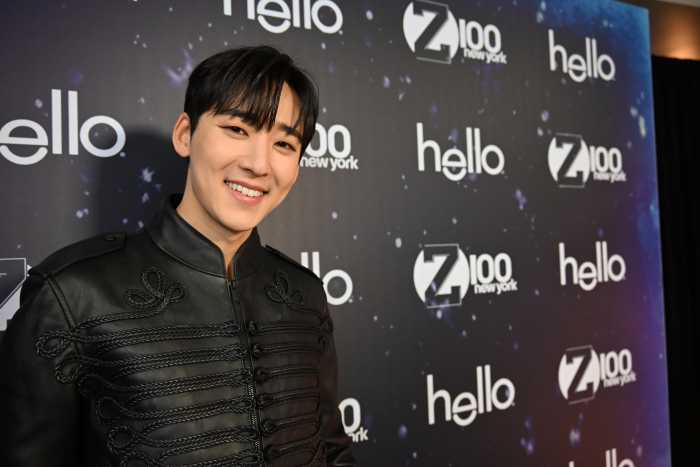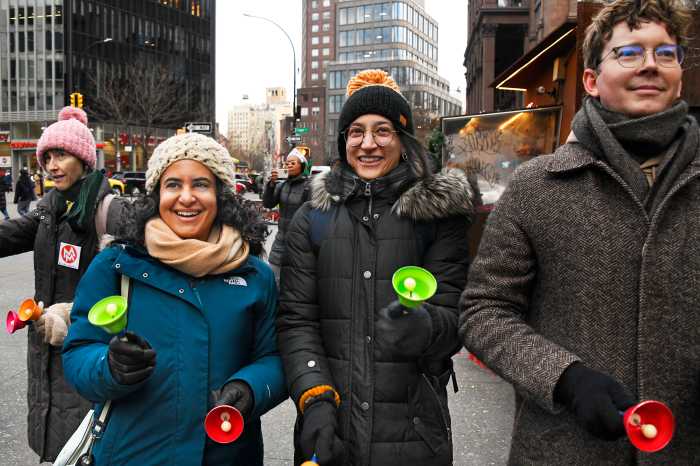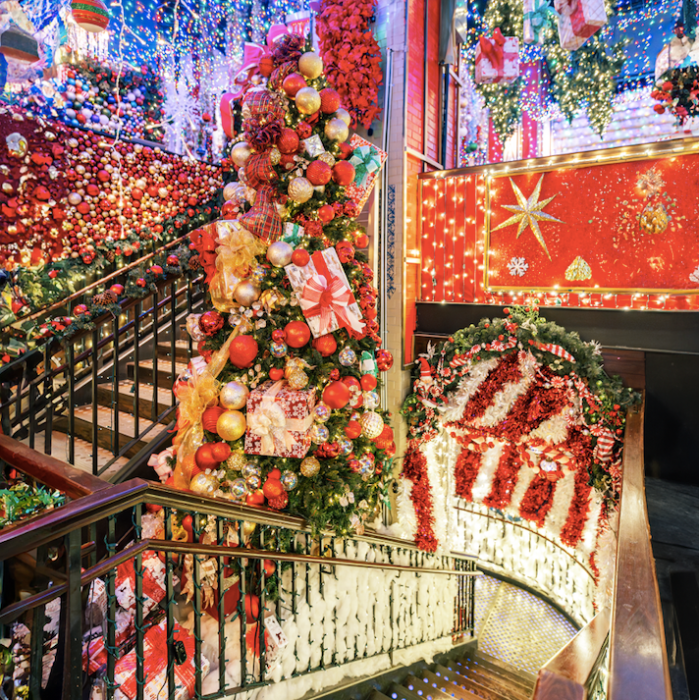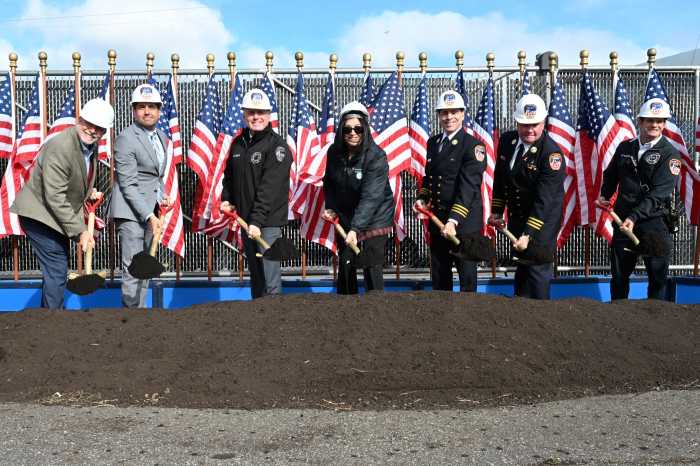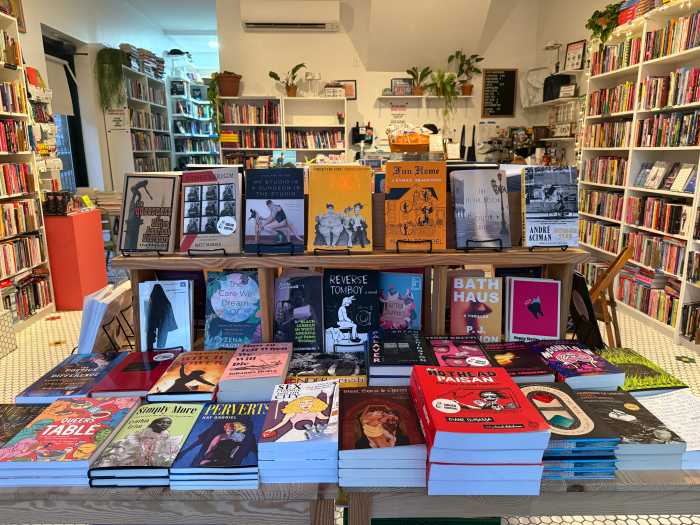“The Witch” is being sold as a 17th century-set horror picture, with the sort of blood and gore and jump scares one might expect from the terrain.
Don’t believe the hype.
Robert Eggers’ movie, which caused a sensation at the 2015 Sundance Film Festival, is in fact better than that — it’s a deeply unsettling mood piece about a family of Puritans living on an isolated farm in New England, unraveling in dramatic fashion amid intense fears of supernatural malevolence permeating their realm.
Under gray, grim skies in the dead of winter, against a bleak and troubled landscape, patriarch William (Ralph Ineson) struggles to keep the family fed while suspicions begin to fester about the possession of teenage daughter Thomasin (Anya Taylor-Joy).
The movie opts for the power of suggestion over the obviousness of horror spectacle.
It is about a dawning, quickening sense of unease that gives way to terror; the unknown, both in terms of a foreboding new physical world and the realities of burgeoning sexuality, transforms into literal manifestations of demonic forces. Authenticity rules the day, with Eggers lifting his dialogue from actual period sources. The picture requires an aural adjustment not dissimilar to that mandated by Shakespeare, and the actors uniformly refuse to strike one false note.
“The Witch” is challenging viewing because there are no compromises, no overtures made to a modern audience and its ingrained expectation of the genre.
Eggers is content to brood, to let the mysteries of life for these individuals at this particular time materialize in strange and horrifying forms. It doesn’t offer conventional payoffs and it resonates all the more because of it.
In short, the picture arises from somewhere deeper and stranger than the norm, and for that it warrants an embrace.
The Witch
Directed by Robert Eggers
Starring Anya Taylor-Joy, Ralph Ineson, Harvey Scrimshaw
Rated R



